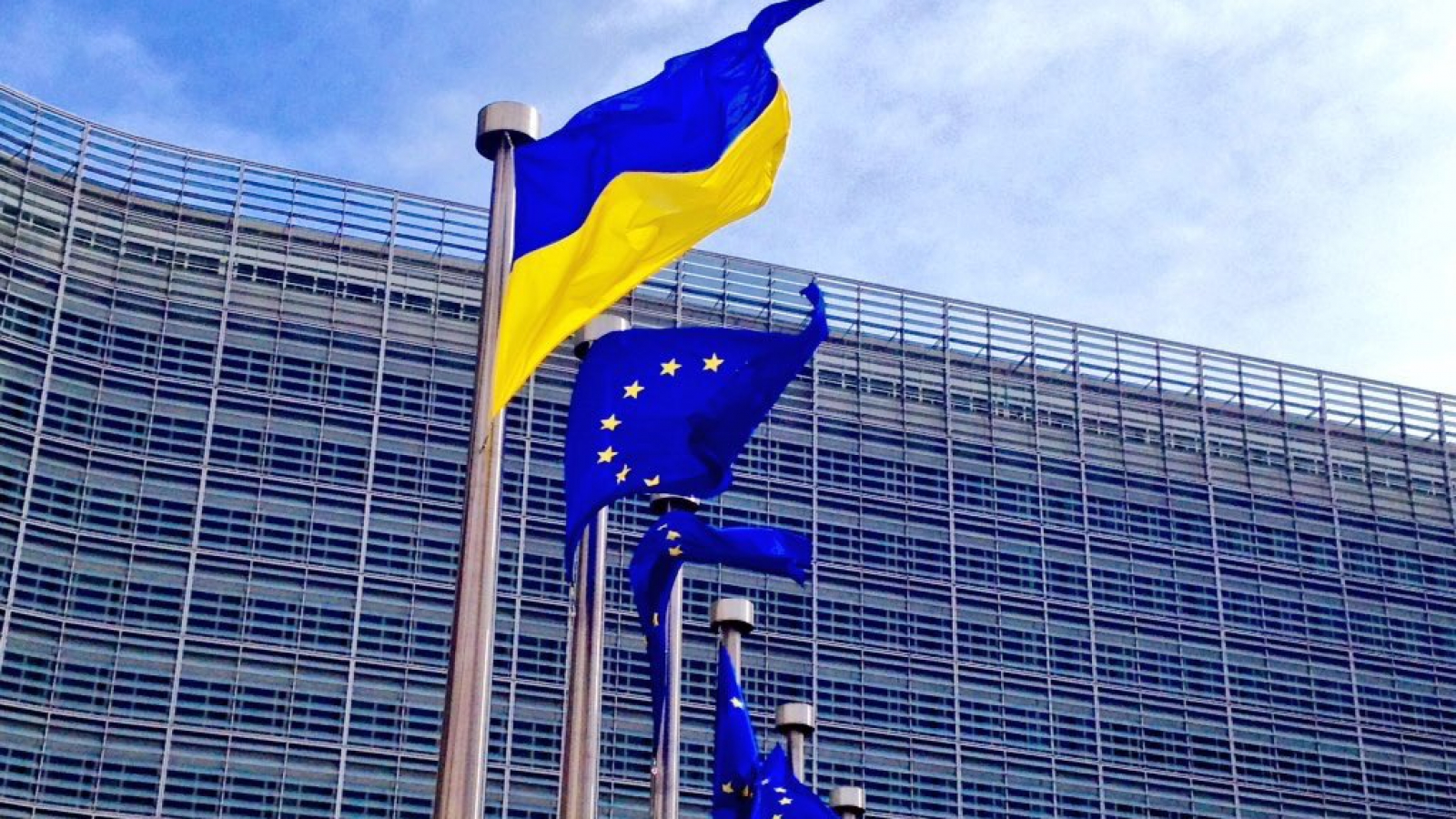European Commission President Ursula von der Leyen has confirmed the extension of EU sanctions against Russia.
According to von der Leyen, the EU has sanctioned nearly 2,400 individuals and entities due to Russia’s aggression against Ukraine. She added that the EU has imposed travel bans, asset freezes, and restrictions on financial and material support for those aiding Russia’s war machine.
“Our determination to support Ukraine is decisive,” she stated.
On Friday, 14 March, EU ambassadors agreed to extend a range of sanctions against Russia after reaching a compromise with Hungary. However, under pressure from Budapest, several Russians were removed from the EU sanctions list, according to European Pravda.
The decision was adopted through a written procedure, extending the sanctions for another six months until 15 September 2025.
Failing to extend the sanctions could have resulted in unfreezing up to 30% of all frozen Russian assets—an estimated €60 billion or more.
Earlier, the Financial Times reported that Hungary’s reluctance to approve the sanctions led to renewed discussions among EU member states about potentially stripping Budapest of its voting rights in key decisions.
If Hungary attempts similar obstruction in July—when the EU will decide on extending economic sanctions, including the freezing of Russian state assets—EU nations may take stronger measures against Budapest.
Related:
- Finland announces new €200 million military aid package for Ukraine
- Russians increase pressure on Toretsk, redeploy additional forces from other directions, Ukraine says
- AP: Ukraine depleted its limited supply of ATACMS missiles months ago
- US resumes intelligence sharing and military aid to Ukraine
- The Telegraph: Russia’s GPS jamming disrupts hundreds of RAF flights
- Defense Express: Ukraine uses GLSDB for the first time in human history, shocks Russia
- Pentagon confirms GLSDB supplies to Ukraine, avoids confirming timelines




